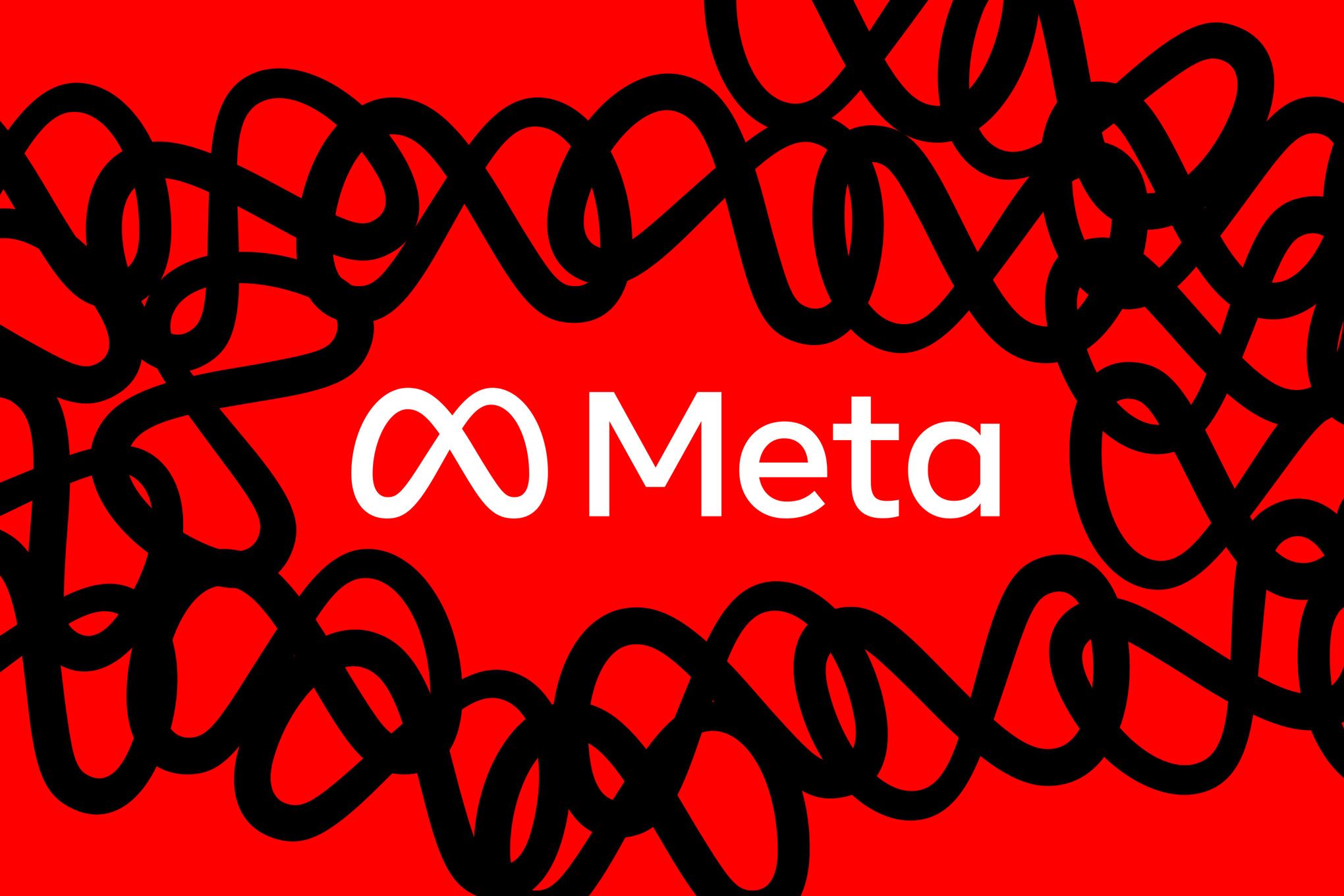Four current and former Meta employees are alleging the company's legal team systematically blocked research into how virtual reality could harm children and teens, marking a new phase in the tech giant's ongoing child safety crisis. The whistleblowers claim Meta's lawyers began screening and vetoing VR youth safety studies after Frances Haugen's explosive 2021 congressional testimony exposed the company's internal research practices.
The bombshell allegations threaten to reignite the firestorm that engulfed Meta after Haugen's testimony exposed how the company's own research showed Instagram harmed teenage girls' mental health. Now, four current and former employees represented by Whistleblower Aid - the same legal nonprofit that worked with Haugen - are claiming Meta's response was to muzzle researchers rather than address the problems.
The whistleblowers allege that after Haugen's congressional appearance, Meta called on its legal team to screen VR and youth safety research, sometimes vetoing studies entirely, according to The Washington Post's investigation. The practice allegedly extended across Meta's Reality Labs division, which oversees the company's ambitious metaverse push including Quest headsets and Horizon Worlds.
Meta spokesperson Dani Lever fired back at the allegations, telling reporters the claims are based on cherry-picked examples "stitched together to fit a predetermined and false narrative." Lever pointed to Meta's approval of nearly 180 Reality Labs studies on social issues since early 2022, including youth safety and well-being research. The company maintains its VR devices are designed for users over 13 and that research has driven "significant product updates" including parental supervision tools.
But the timing couldn't be worse for Meta as it faces mounting regulatory pressure. The allegations will take center stage at Tuesday's Senate Judiciary Committee hearing titled "Hidden Harms: Examining Whistleblower Allegations that Meta Buried Child Safety Research". Three Republican senators have already demanded answers from Meta about protections for minors on Horizon Worlds.
The virtual reality angle represents a new frontier in Meta's child safety battles. While previous controversies focused on traditional social media platforms like Facebook and Instagram, VR presents unique risks including immersive experiences that could be more psychologically impactful on developing minds. Industry experts have raised concerns about everything from inappropriate content exposure to the potential for virtual harassment and addiction.


